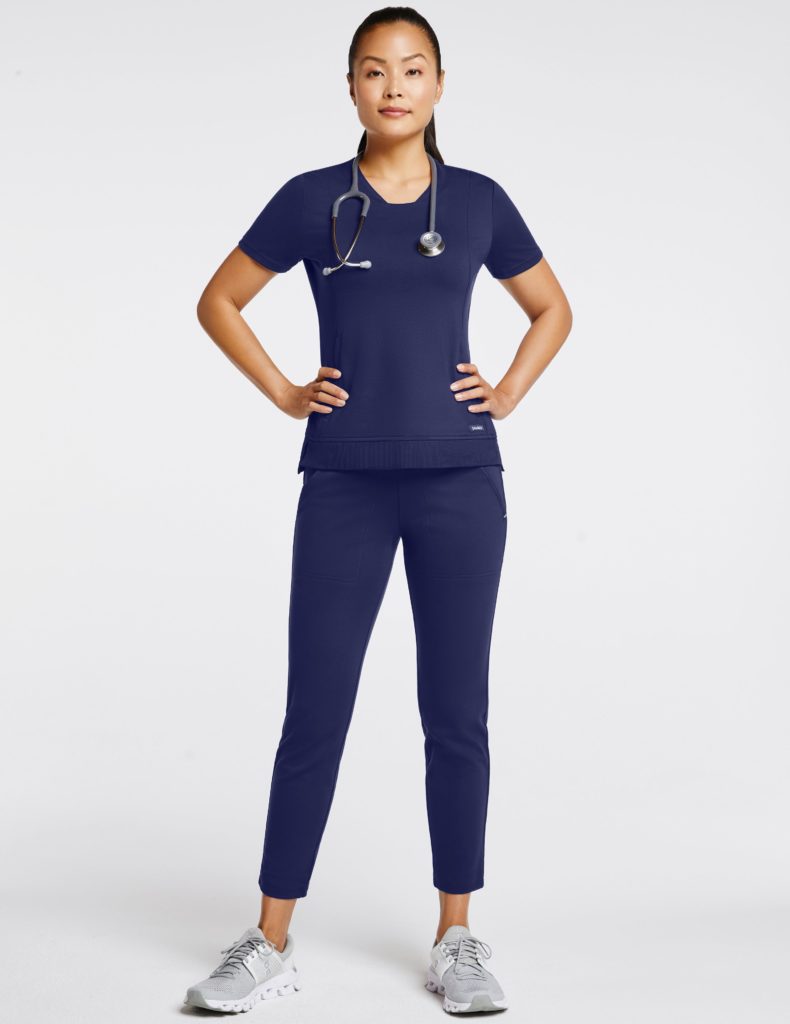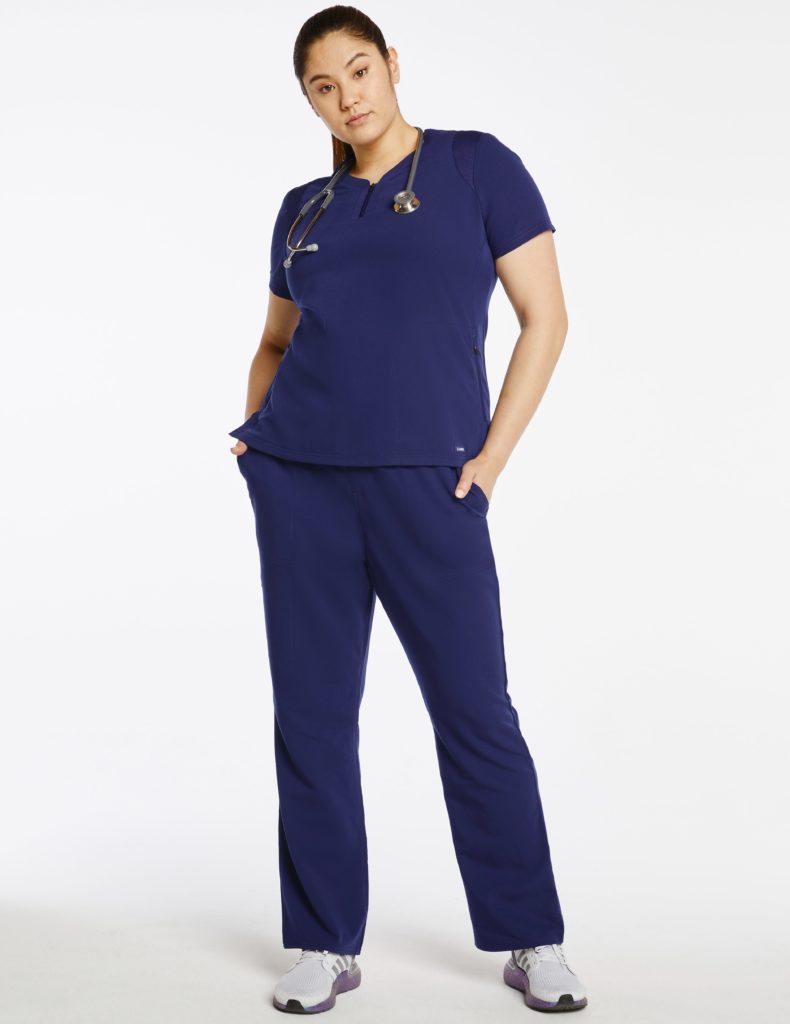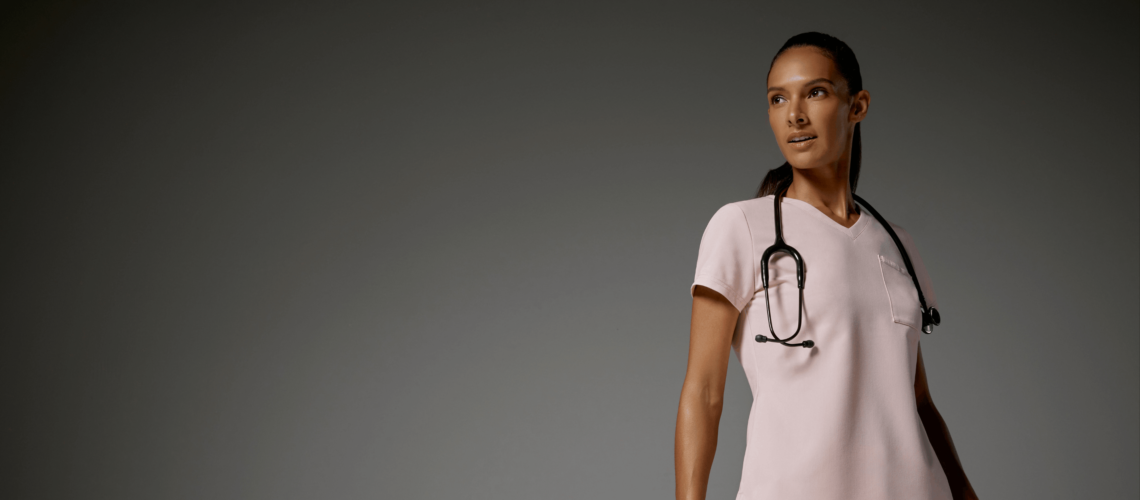If you’ve always wanted to have a career in food but can’t tell the difference between sauteing and searing, you may want to stay out of the kitchen and consider becoming a dietitian, instead. You’ll talk about food’s importance every day without ever needing to dice onions.
A career as a registered dietitian allows you to put your passion as a foodie to noble use, helping your patients feel good about their bodies (inside and out), which can revolutionize one’s mental health and sense of wellness.

What is an RD?
Registered dietitians (RDs) are food experts (okay, technically, nutrition experts). They have received a college-level or graduate degree in a field related to nutrition science, undergone supervised hands-on training and passed the exam given by the Commission on Dietetic Registration (CDR).
That means that RDs are qualified to give nutritional advice and help treat patients who are dealing with the following conditions:
- Obesity
- Diabetes
- Eating disorders
- Allergies and food intolerances
- Cardiovascular disease
- Kidney disease
RDs can also help individuals reach health goals like:
- Losing, maintaining or gaining weight
- Changing their mindset about food
- Getting proper sports nutrition
- Maintaining a healthy pregnancy
What are registered dietitian skills?
Empathy may be a common denominator in all healthcare roles, but certain specialties also require other emotional (not to mention technical) abilities. As a dietitian, you’ll work with patients who may be struggling with a nutrition issue that affects the way they perceive their body or exist in it, so this is delicate work. Here are some of the core skills that dietitians should possess.
- Problem-solving: Dietitians should be able to look at a patient’s problem—whether that be a desire to gain or lose weight or even change their relationship to food—and think critically about a care plan that will work going forward.
- Strong teaching skills: Dietitians need to educate their patients on how to care for their bodies in ways that treat specific conditions or meet nutritional or weight goals. Dietitians are naturals at teaching, providing nutrition education and helping patients implement nutrition plans.
- Strong interpersonal skills: Talking about our bodies isn’t always easy. Dietitians should be able to speak openly about sensitive topics like weight gain and loss, eating disorders or prenatal nutrition.

RD vs. nutritionist: what are the main differences?
It’s easy to confuse registered dietitians and nutritionists, as both these professionals help their patients treat specific illnesses or conditions through food choices. Still, there is a distinction.
Nutritionists aren’t necessarily licensed professionals, and while this doesn’t mean that they aren’t talented at their jobs, education is a factor that differentiates them from RDs. You can think of a nutritionist as a lifestyle adviser.
Registered dietitian nutritionists (RDNs) have received a college-level or graduate degree in a field related to nutrition science like biochemistry or microbiology (and even programs outside of food science like economics) before receiving training and passing an exam through the CDR.
The RD accreditation is specialized, and a registered dietitian can diagnose and treat illnesses. Where do registered dietitians work? While nutritionists and RDs sometimes work in the same environments, like clinics, hospitals, and schools, registered dietitians may be the boss. Certified RDs can run private practices, too.
How can you become a registered dietitian?
So what is an RD degree, and how do you get it? If you think it’s time you take your passion to the next level and become a licensed food expert, prepare to study hard. No, you won’t have to spend a second over a hot stove, but to become an RD, you will have to embark on this educational journey:
- Get your degree
Earn your bachelor’s degree (or go big with a master’s degree) in clinical nutrition, dietetics, public health nutrition, or foods and nutrition from an accredited program that provides a verification statement from the Accreditation Council for Education in Nutrition and Dietetics (ACEND).
- Do a dietetic internship program
Coursework is a solid base, but nothing can take the place of hands-on experience in your field. To become an RD, you’ll have to complete 1,200 supervised internship hours. You can guide this firsthand work toward a specialty you plan to practice like clinical nutrition, community nutrition, pediatric nutrition or geriatric nutrition.

- Take the CDR exam
Put on those lucky scrubs because once you’ve completed an internship, it’s time to sit for the Commission on Dietetic Registration Exam. This test will assess your knowledge of dietetics, group and individual care, food service and nutrition programs.
- Get your state license
Not all states require licensure, so you’ll need to research the regulations where you live. If your state requires RDs to hold a license, you’ll also need to read up on eligibility. You may be able to get your license simply by showing your educational credentials and positive CDR exam result.
- Stay registered
One of the most critical parts of any medical career is to never stop learning. As an RD, you’ll have to continue taking courses, which should be no issue because you love furthering your knowledge anyway as a healthcare professional. You can read more about the courses required to keep your CDR credential on the issuing organization’s website. At the very least, you’ll need to continue studying ethics.
What’s the future like for registered dietitian jobs?
Healthcare careers are rising, so you can’t go wrong by becoming a registered dietitian. From 2020 to 2030, careers in this field may grow by 11% (faster than the average).
Want to know what you could earn as an RD? As of 2020, RDs in the United States earned a median annual salary of around $63,000.
As you advance in your career, we want to do more than just set you up with fabulous scrubs. We want to be part of your support system as you take on a career in healthcare, too. Come to us for physician and nurse scrubs, men’s and women’s scrubs, and loungewear, but stick around for content on how to succeed in healthcare.

